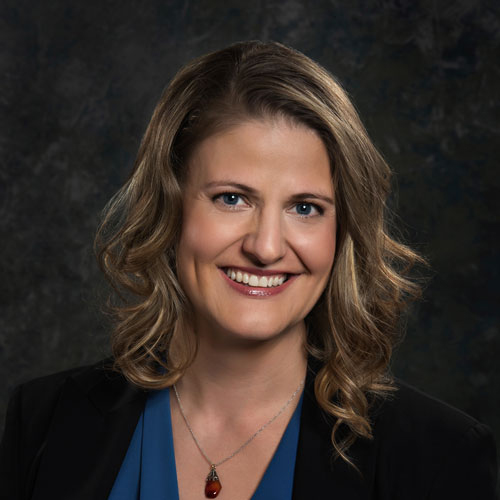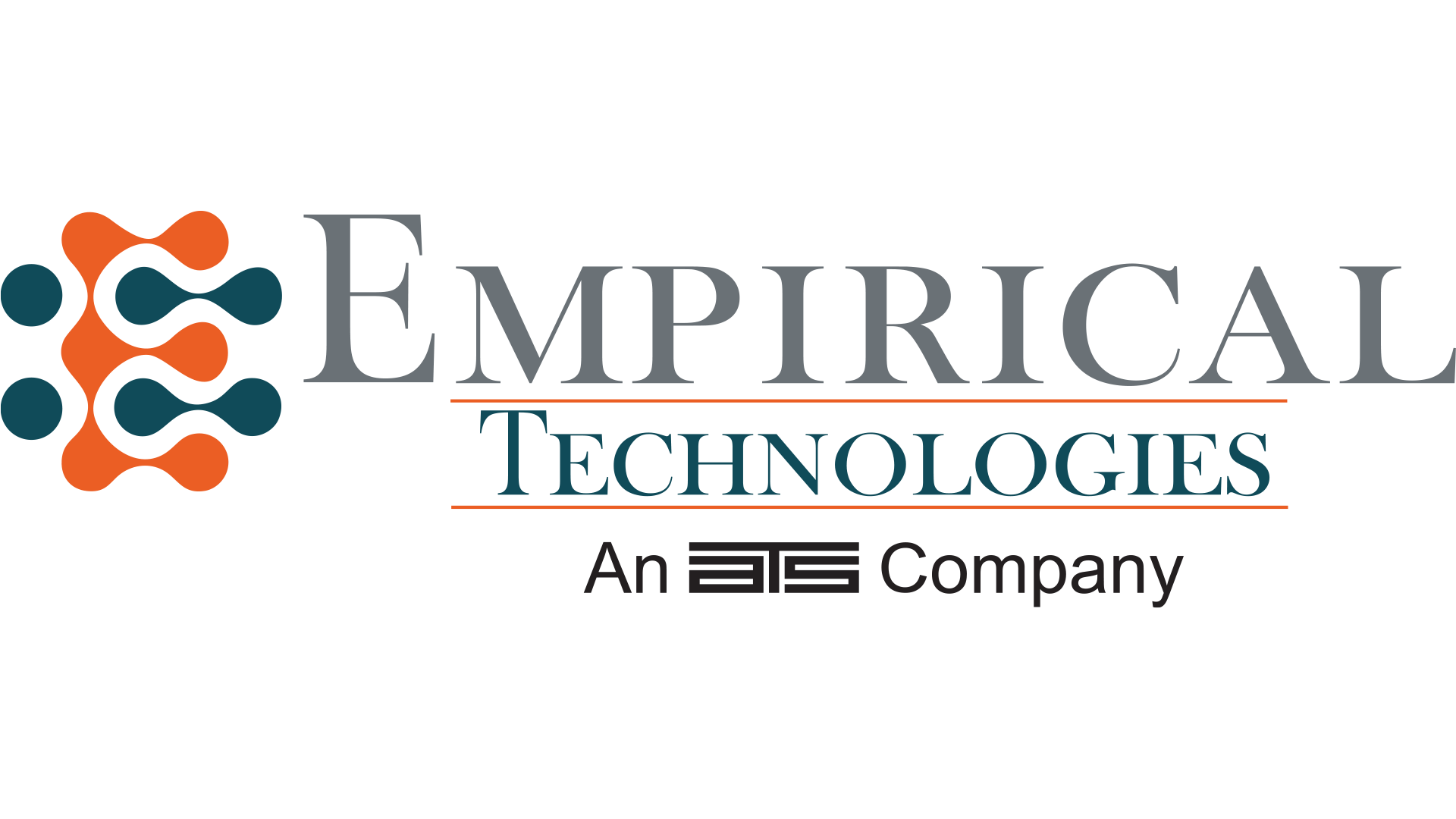I like to think of myself as a fairly balanced human, despite all the disparate demands on my time and talent. I’m a small business owner, a mom, a scientist, a writer, a student, a mentor, a friend, a wife, and an owner of two ridiculously large dogs.
Those competing priorities bounce my thinking between the two hemispheres of my brain. But if I’m really honest with myself, I tend to default to the left side of my brain more often than my right. It’s why I’m a good engineer who can puzzle out solutions without getting too caught up in emotional distractions.
The pandemic has changed that. My old normal is gone, and with that, my routine. My creativity is being challenged in unexpected ways. While I’m proud to be a professional advisor, I certainly never aspired to be a homeschool teacher. I love being my own boss, but I’m grappling with how to keep my companies going in this sudden and unexpected shutdown.
Even my pets are demanding more ingenuity. What used to be a pleasant pass through the neighborhood has become a gauntlet run of keeping two Irish wolfhounds from eating their way through spring lawn refuse to the veterinary emergency room.
This is not a bad thing, but it’s not what I’m used to. Like everyone else on the planet, I’m fighting for that precarious balance moment to moment. It’s pushing me out of my comfort zone and inciting a new level of ingenuity for even the most mundane circumstances.
I’m not alone. My friend Raymond Cloutier, CEO of NovApproach Spine, suggested this unusual era can encourage creativity and innovation to help the thousands of orthopedic patients unable to undergo surgery to alleviate pain and improve mobility.
“There has never been a time when surgeons and engineers are more available,” he said, referring to stalled elective surgeries. “The inability to use surgery or [physical therapy] to help a patient creates a whole new problem that hasn’t previously been considered. This makes for a wonderful [but difficult] innovation opportunity.”
Cloutier recently observed what he called a “paucity of innovation” he attributes in part to possibly over-emphasizing evidence-based medicine over the past 30 years, as well as bureaucratic hurdles.
“Perhaps healthcare workers also have less of a focus on innovation and creativity because there is so much paperwork and liability concerns they have to contend with,” he said. “I know from experience that most engineers in medical device firms [at least the middle and large ones] spend most if not all of their time simply doing documentation to satisfy regulatory requirements. There are few creativity expectations placed on them.”
This is what prompted Cloutier, me, and other industry experts to launch the “For Such a Time as This—OrthoChallenge.” The goal is to find the best ideas to support orthopedic patients adjusting to additional pain and immobility while they wait for elective surgeries.
“One of my hopes about the outcome of the OrthoChallenge is that it re-energizes innovation,” Cloutier said. “I suspect, though, to create a sustainable change, multiple additional and proactive innovation initiatives will need to be initiated.”
Cloutier and I are two of several sponsors for the challenge. We appreciate the input and support of fellow sponsor Joseph Zuckerman and the selection panel who is working through the entries in search of the top submissions to fast track to patients. Thanks to endorsement and support from Foundation for Physical Therapy Research, International Society for Technology in Arthroplasty, Orthopaedic Research and Education Foundation, and Orthopaedic Surgical Manufacturers Association, submissions reflect our shared commitment to patient care.
Surgical Manufacturers Association, submissions reflect our shared commitment to patient care.
Audrey Beckman, a seasoned biomedical consultant and challenge sponsor, said she’s impressed with the caliber of ideas she’s finding among the entries.
“We are excited about the ones we are seeing,” Beckman said. “Most ideas are more mature than the back-of-the-napkin sketch, as one might expect these days. There is a healthy crop of startups in the medical device space, and we are seeing a number of submissions from them, in addition to ideas from healthcare professionals who are ideating based on the current world health circumstances. All submissions have the potential to help orthopedic patients, which is our main criteria and objective.”
The selection panel now working its way through submissions includes six orthopedic surgeons, a doctor of physical therapy, an expert medical device engineer, and two panel advisors specializing in medical device patent law and regulatory/testing. Following a two-stage review process, we’ll announce the top selections in early summer.
It’s a labor of love. There is no prize money, and all of our experts are donating their time.
“This effort has been a lot more work [for all the participants] than I originally thought,” Cloutier said. “However, it is the least we could do in the midst of this tragic situation for millions of people.”
No matter which ideas make it through review to market, all of us inevitably benefit from coming together over our shared purpose.
“We have learned that there is so much positive energy around improving patient care,” Beckman said. “The COVID pandemic has provided us an opportunity to pause and think more broadly than our day-to-day activities. We would love to see even more submissions of ‘light bulbs,’ those spontaneous ideas which can truly improve patient care. Our selection panel has been generous with their time and brainpower, even while performing emergency surgeries, seeing patients via virtual appointments, teaching, and preparing for a return to regular operating room and clinic practices.” That level of generosity and community is a new normal I will happily embrace.

Dawn Lissy is a biomedical engineer, entrepreneur, and innovator. Since 1998, Empirical Technologies Corp. has operated under Lissy’s direction. Empirical offers the full range of regulatory and quality systems consulting, testing, small batch and prototype manufacturing, and validations services to bring a medical device to market. Empirical is very active within standards development organization ASTM International and has one of the widest scopes of test methods of any accredited independent lab in the United States. Because Lissy was a member of the U.S. Food and Drug Administration’s Entrepreneur-in-Residence program, she has first-hand, in-depth knowledge of the regulatory landscape. Lissy holds an inventor patent for the Stackable Cage System for corpectomy and vertebrectomy. Her M.S. in biomedical engineering is from The University of Akron, Ohio.

